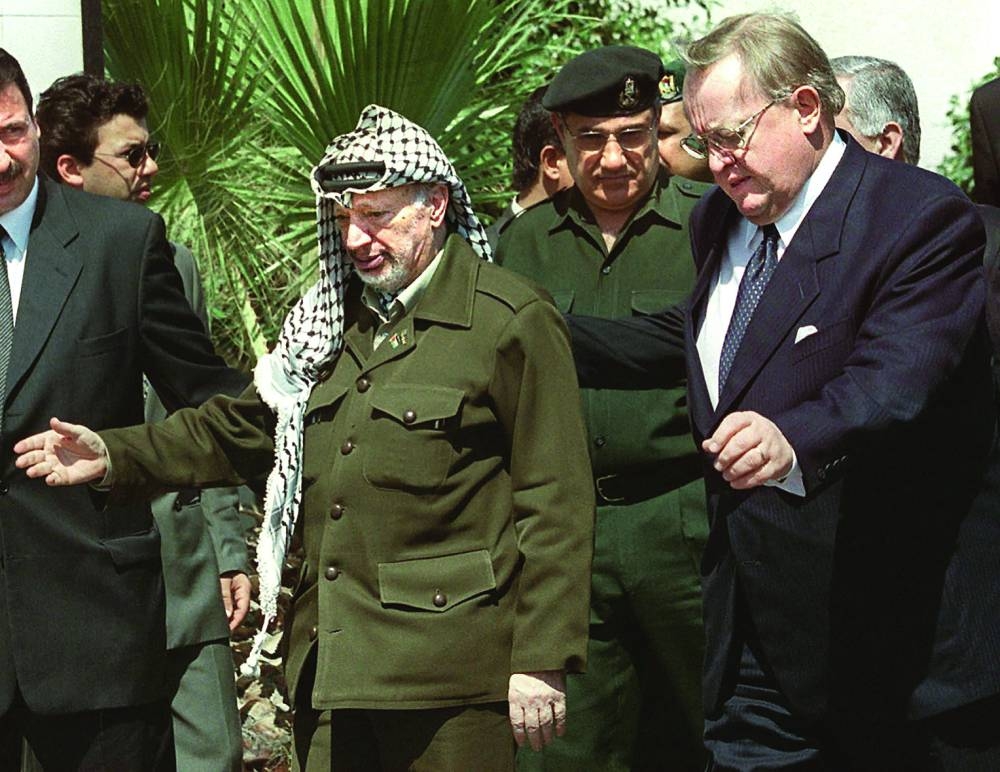Former Finnish president Martti Ahtisaari, who died yesterday aged 86, was a mediator who brokered peace around the globe, winning a Nobel Peace Prize for a formidable career spanning over 40 years.
Ahtisaari had battled Alzheimer’s disease, which forced him to retire from public life in September 2021.
The former UN diplomat was credited with overseeing the 2005 talks between the Indonesian government and Free Aceh Movement (GAM) rebels, which brought an end to a three-decade conflict in which some 15,000 people were killed.
Both sides described Ahtisaari, who was president of his native Finland between 1994 and 2000, as steely but with a sense of humour and warmth.
“I have enormous amounts of patience. I don’t usually get angry, but I can be tough,” he said later, adding that he felt the key to his success was an ability to understand people.
Ahtisaari also helped lead Kosovo down the path toward independence, even though his intense efforts failed to clinch an agreement with Serbia before Pristina unilaterally declared independence in 2008.
Martti Oiva Kalevi Ahtisaari was born on June 23, 1937 in Viipuri – now Vyborg – in Finland’s eastern Karelia province, which his family was forced to flee at the end of World War II after it was annexed by the Soviet Union.
He said that his childhood experience of war and being a refugee “gave me sensitivity ... perhaps that made me a peace negotiator”.
An academic career led him to a teaching post in Pakistan in the early 1960s, before entering the diplomatic service.
In 1994, Finland’s Social Democratic Party nominated him to run for the presidency and Ahtisaari became the country’s first directly-elected president.
His true passion remained foreign affairs and Ahtisaari later likened his six-year diversion into domestic politics to “an extramarital affair”.
In 2008, aged 71, he was awarded the Nobel Peace Prize for his efforts “on several continents and over more than three decades, to resolve international conflicts”.

Then-Palestinian Authority President Yasser Arafat with then-Finnish president Ahtisaari.
